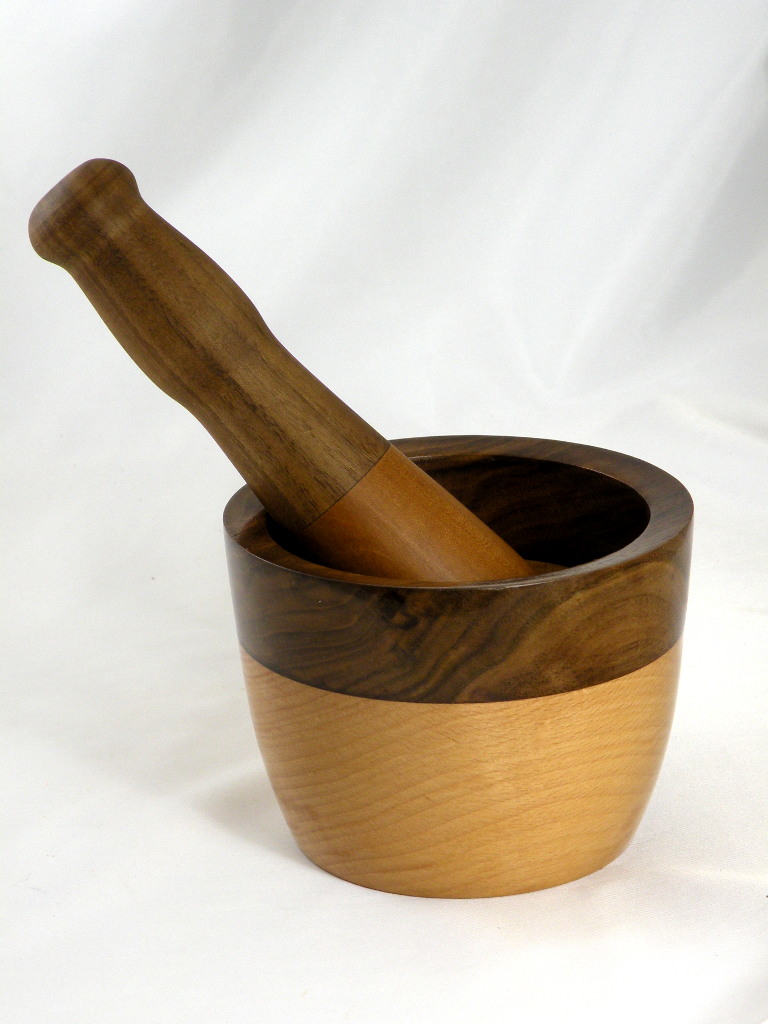transatlantic
Boom!
I've recently been making some kitchen utensils (kitchen roll holder, pepper mills, handles for things etc) that I wanted to have a really hard wearing finish, so I went with :
- Sanding 120, 180, 240, 320
- Cellulose sealer
- Melamine Lacquer
and whilst I am generally happy with the finish, it's really easy to screw up and produce streaking due to the Lacquer drying so fast, resulting in having to sand it back and start again.
Then it occurred to me that there is no real need to do this on the lathe at all, I could just as easily take it off, and apply a much slower drying finish like Osmo or Liberon Finishing Oi, both of which should be hard enough wearing.
So assumming I am in no rush, is there any real advantage to "woodturning finishes" as opposed to normal "furniture finishes" when applied to typical lathe type items?
I suppose it's more difficult to get a high gloss finish, but I am not really interested in that either, just a satin finish really.
- Sanding 120, 180, 240, 320
- Cellulose sealer
- Melamine Lacquer
and whilst I am generally happy with the finish, it's really easy to screw up and produce streaking due to the Lacquer drying so fast, resulting in having to sand it back and start again.
Then it occurred to me that there is no real need to do this on the lathe at all, I could just as easily take it off, and apply a much slower drying finish like Osmo or Liberon Finishing Oi, both of which should be hard enough wearing.
So assumming I am in no rush, is there any real advantage to "woodturning finishes" as opposed to normal "furniture finishes" when applied to typical lathe type items?
I suppose it's more difficult to get a high gloss finish, but I am not really interested in that either, just a satin finish really.





